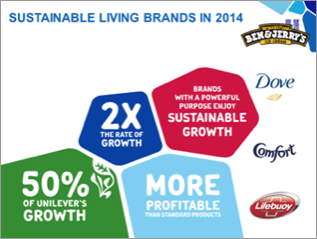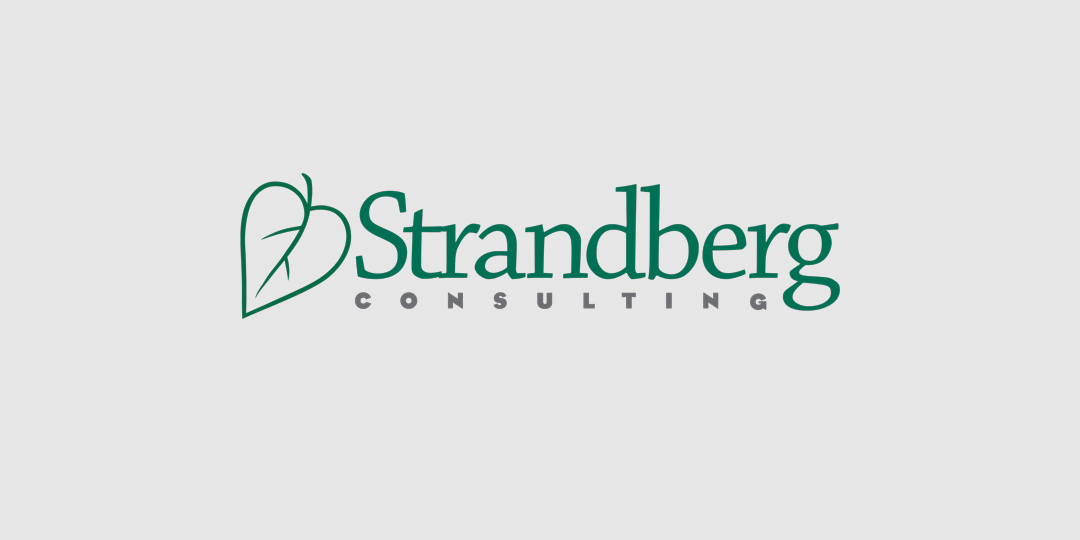Far-sighted leaders envision and catalyze a future in which their company is harnessing all of its assets, resources, people, capital, influence, relationships and scale to accelerate positive business and social growth. They do this not as an add-on incremental strategy, but through their core services and products. These trailblazing companies are redefining the standard in sustainability leadership.
A growing and urbanizing global population, changing societal expectations and continuous technology innovation are significantly affecting the context in which business can succeed and thrive. These tectonic shifts compel companies to rethink their business models to ensure they create shareholder and societal value over the long term. The UN has just adopted Sustainable Development Goals (SDGs) that emphasize unprecedented opportunities for businesses to contribute, invest and partner in creating a sustainable society and economy for all.
All this is driving a fresh look at the qualities companies must embrace to foster commercial and social success: the “transformational qualities”.
For the past few decades many companies have improved their social and environmental performance on a continuous and incremental basis. But slow and steady is no longer enough. Global social and environmental trends – such as resource, water and food pressures, climate change, unemployment, ageing, obesity, immigration and rising income inequality – create new risks and opportunities for business.
Increasing transparency and social connectivity combined with growing consumer demand for corporate social leadership are transforming the competitive landscape and spurring business-model and product innovation. Leading companies realize that to improve both their operating context and societal well-being they must act beyond their own operations and the foreseeable future – even where solutions don’t yet exist.
Transformational companies realize they cannot become sustainable on their own. They invest in long-term growth models that de-couple negative environmental impacts and re-couple positive social impacts. They become a force for good, repurposing themselves to serve the broader society.
Who is doing it?
Unilever. The consumer goods company’s core purpose is to make sustainable living commonplace.
Kingfisher. The home retailer’s long-term ambition is to create “a society that is better for all”.
Dow. The chemical company plans to “help redefine the role of business in society” and develop a “social blueprint that integrates public policy solutions, science and technology and value chain innovation to facilitate the transition to a sustainable planet and society”.
Profit and purpose
Transformational companies find these “for purpose” strategies drive growth, mitigate risk, cut costs and attract the best talent. Take a look at the benefits Unilever has realized:

How can you realize these benefits, too?
To help companies on their transformational sustainability journey I recently collaborated with CBSR to develop a Transformational Company Qualities microsite and 100-plus page guide. This definitive go-to resource, benchmark and checklist for anyone interested in this new standard in sustainability leadership will be released in the next couple of weeks. I look forward to formally announcing its launch and sharing the transformational company qualities with all organizations keen to accelerate the impact of their sustainability practices.


